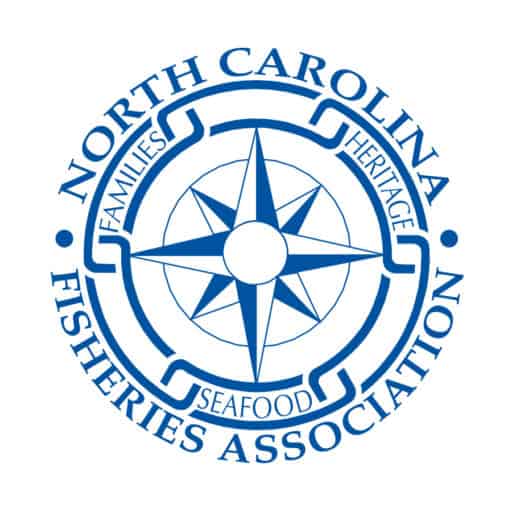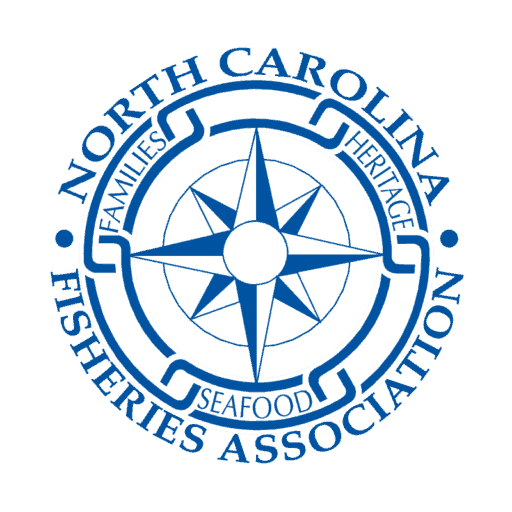Does CPR Work on Fish?
The Coastal Conservation Association Seems to Think SO!
After reading this title you’re probably envisioning a forty-pound Red Drum lying on the deck of a boat, straddled by an angler, receiving mouth to mouth followed by a round of rapid chest compressions, but that’s not the CPR I’m referring to. The CPR I’m talking about is the Coastal Conservation Association’s (CCA) Catch, Photo, and Release (CPR) Initiative.
In Coastal States across the Country, including North Carolina, the CCA is holding CPR fishing tournaments where anglers can win big prizes for catching, photographing, and releasing numerous species of coastal finfish. The rules are simple, pay your entry fee, receive your wristband, catch a qualifying species of fish, photograph the fish lying on a ruler with your wristband visible, release the fish, and the longest fish or combination of fish wins. And of course, you have to be a CCA member to win!
Like the rules, the concept is also simple, a fish is too valuable to catch only once, catch and release equals conservation, or as the CCA NC explains, “it gives your catch an opportunity to live for another day so that we can do our part to “Let Em Spawn”!”
Of course, the truth is seldom that simple.
The truth is fisheries managers across the country are beginning to recognize the true impacts of catch and release fishing. In many coastal fisheries recreational catch and release mortality has become a dominant source of removals, of course the fish aren’t removed from the water just from the stock. That’s right many of the fish anglers release alive, die within days of being released due to injuries or stress from being caught.
News flash, fish are not designed to be handled by humans!
The CCA seems to acknowledge the impacts of catch and release mortality on coastal sportfish species and notes that certain factors like hooking location, fight time, and handling methods can decrease survival rates. Their “solution” to the problem seems to be “The Release Initiative”, a program they claim, “provides a platform for anglers, industry, and resource managers to share information regarding the best catch and release practices.”
“Best catch and release practices?”
According to the CCA NC’s Realesense website, there are “specific practices” that can increase the survival of released fish. One such practice, is to wet your hands before touching fish to decrease slime removal because, and I quote, “believe it or not, removing some of a fish’s slime coat can be fatal.” How much slime does a fish lose flopping around on a ruler, or all over the floor of the boat, waiting for an angler to get the camera on, get the wristband visible, get the fish positioned perfectly in place, and still, on a measuring tape, and finally snap that perfect photo? I bet it’s far more than if you “return the fish to the water quickly” as the CCA NC recommends on their website.
That’s right, one of their best catch and release practices is to get the fish back in the water quickly, which they claim, “is key to their recovery.” The key to recovery is to get the fish back in the water quickly yet they encourage anglers to photograph the fish laying perfectly flat and still on a ruler before returning it to the water? Have you ever tried to measure a freshly caught fish? I have and let me tell you it ain’t easy, even with two hands! Just imagine how long it takes to get a slippery, flapping, fish to sit perfectly still centered on a ruler with the one hand, hopefully wet, which has the wristband, while attempting to take a picture with the other hand. “Return the fish to the water quickly” without removing the slime coat, good luck with that!
So much, for practicing what you preach.
Now, don’t get me wrong, I’m not opposed to catch and release fishing and anglers should certainly make every effort to reduce mortality of released fish, but “CPR” tournaments don’t fit the bill. Catch, photo, and release tournaments do exactly what they were designed to do, increase the CCA’s bank accounts and membership while providing the appearance of “conservation”, nothing more!
To make matters worse, the CCA NC includes “overfished” species like Southern Flounder in their CPR tournaments. That’s right, the CCA tells anglers, who harvest flounder, that harvest reductions are required to rebuild the flounder stock, lobby for a strict quota and overage paybacks, and then encourage CCA members to target this “overfished” species!
From a “conservation” perspective this makes no sense.
Encouraging anglers to target Southern Flounder outside of the harvest season increases mortality, as does the increased handling and time out of the water, photographing and measuring will certainly result in. You also increase the average weight of dead discards, which count against the recreational quota, by discarding larger fish which would normally be harvested during the harvest season. Simply put, the increased dead discards and higher average weight of those fish could consume the entire recreational quota before the harvest season ever opens. If so, this year’s harvest would exceed the quota, trigger overage paybacks, and prevent harvest from being allowed in the future.
Of course, if their mission was allocation, rather than conservation, this strategy would make perfect sense. Afterall, catch and release anglers have nothing to fear from harvest reductions, quota overages, paybacks, or harvest closures.
Do they?
By encouraging anglers to target Southern Flounder, outside of the harvest season, the CCA can increase the number of dead discards. The CPR tournaments require CCA members to use the iAngler app and submit photos of their catch, allowing managers to estimate the average weight based on the length of the photographed fish. Increased numbers of dead discards + increased average weight = increased pounds of total recreational removals counting against the recreational harvest quota, with no repercussions to the CCA members responsible.
On the CCA NC’s website you can find the following quote. “Ethical behavior is doing the right thing when no one else is watching- even when doing the wrong thing is legal.”
While everyone else is forced to “do the right thing” the CCA legally does the wrong thing and, once again, proudly proclaims, Rules for thee, but not for me!
While CPR tournaments are legal, they are far from ethical, especially when they target an “overfished” species the CCA has worked hard to assure is off limits to the majority of NC citizens. Again, so much for practicing what they preach!
Glenn Skinner
NCFA- Executive Director

